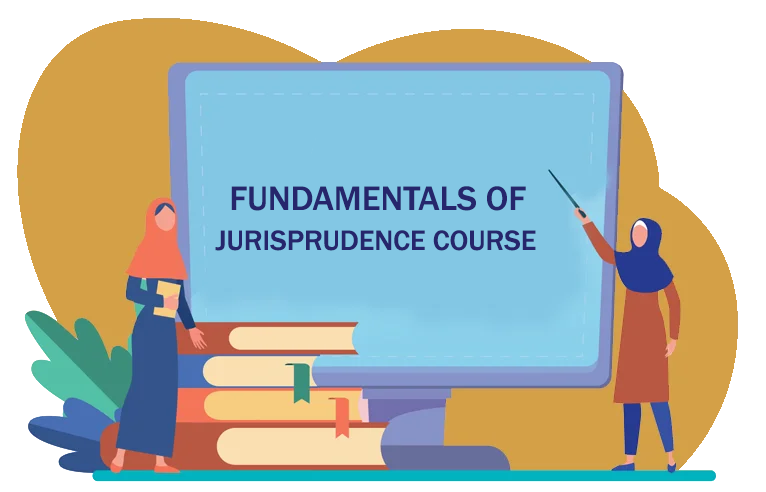Fundamentals of jurisprudence course
Fundamentals of jurisprudence course
It is considered one of the basic courses in Sharia sciences, as it focuses on teaching students the rules and methods that they can use to extract Sharia rulings from their main sources.
The curriculum for this course addresses many basic concepts such as legal objectives, linguistic and terminological significance, the importance of the Prophet’s Sunnah as a source of legislation, ijtihad and imitation, dealing with jurisprudential disagreement, and other topics.
Regarding the academic content, the course includes an analytical study of basic legal texts, such as books on fundamentals such as “Al-Risala” by Imam Al-Shafi’i, and many of the books of the early scholars in this science.
The course may also include an applied study of contemporary jurisprudential issues related to daily life, and how to extract appropriate legal rulings for them.
It is considered one of the basic courses in Sharia sciences, as it focuses on teaching students the rules and methods that they can use to extract Sharia rulings from their main sources.
The curriculum for this course addresses many basic concepts such as legal objectives, linguistic and terminological significance, the importance of the Prophet’s Sunnah as a source of legislation, ijtihad and imitation, dealing with jurisprudential disagreement, and other topics.
Regarding the academic content, the course includes an analytical study of basic legal texts, such as books on fundamentals such as “Al-Risala” by Imam Al-Shafi’i, and many of the books of the early scholars in this science.
The course may also include an applied study of contemporary jurisprudential issues related to daily life, and how to extract appropriate legal rulings for them.
Our courses also focus on developing critical and analytical thinking skills, and the ability to build arguments and correct reasoning, which are essential skills for understanding the science of jurisprudence and dealing with Sharia issues in a logical and systematic manner.
In addition, the course may include discussions and seminars on contemporary jurisprudential issues, an analysis of the positions of ancient and contemporary jurists on them, as well as a discussion and evaluation of various intellectual trends in the science of jurisprudence.
This course is often long, in-depth and enjoyable, requiring students to commit and focus to understand complex concepts and apply them to practice.
- Adjectives
- Plural
- Prepositions
- Feminine
- Numbers
- Negation
- Pronouns
- Questions
- Determiners
- Nouns
- Verbs
- Present Tense
- Past Tense
- Future Tense
- Imperative
- Comparative
- Adverbs


